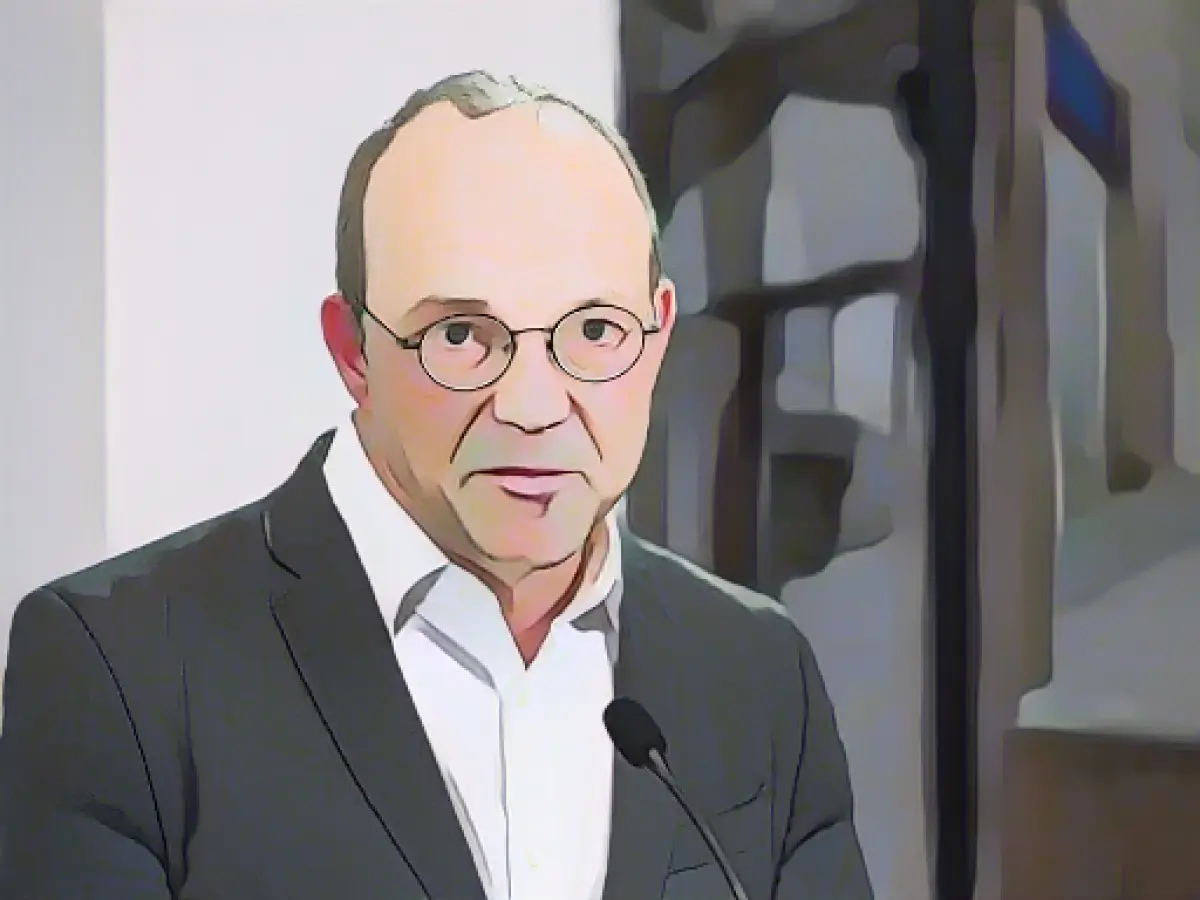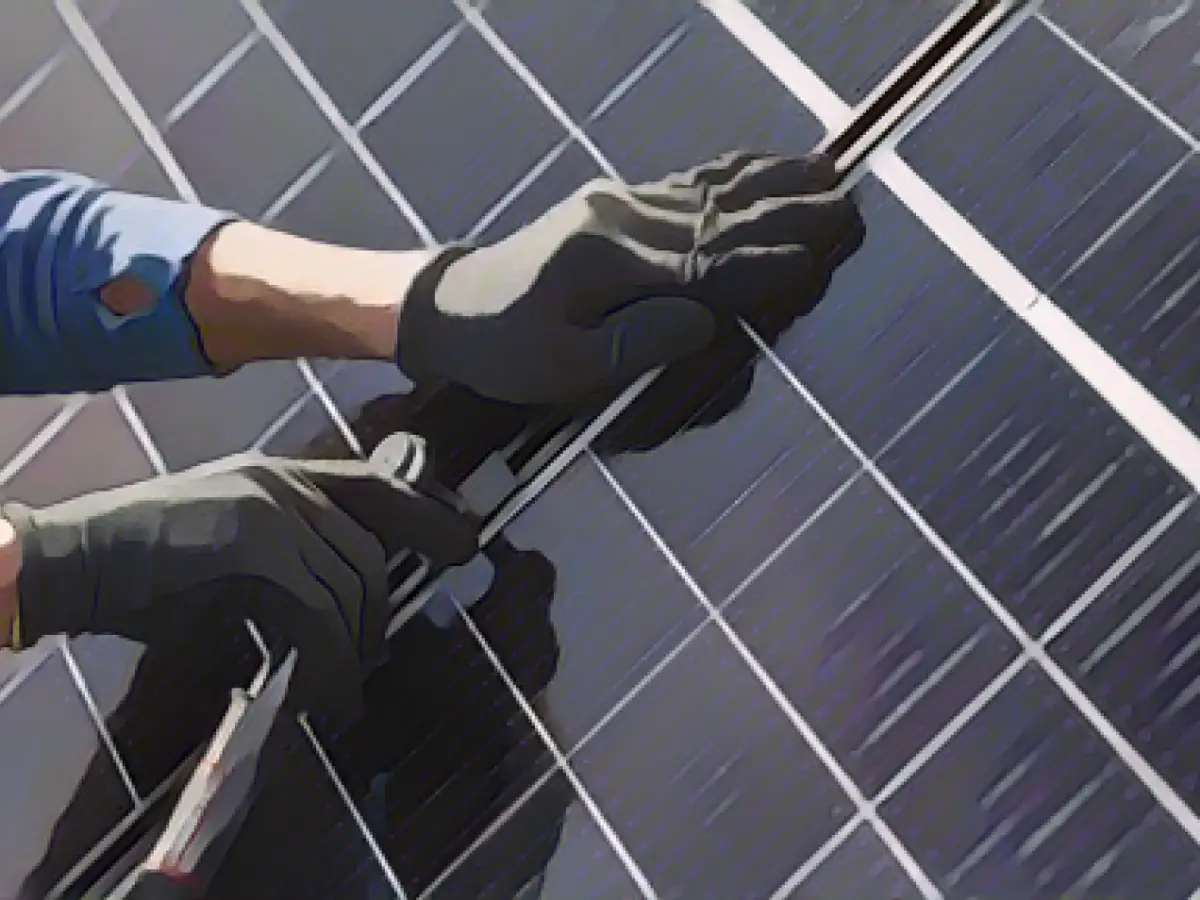Saxony Seeks Swift Solutions for Critical Projects in Face of Budget Challenges
Saxony's Energy Minister, Wolfram Günther, has called for rapid answers regarding eligible projects following the budget ruling, citing the chip industry, solar sector, and large-scale hydrogen projects as examples. Günther underscored the significance of the issue, stating that Europe's sovereignty hangs in the balance between manufacturing microchips and solar cells in Germany or China.
Following discussions between the federal and state economics and energy ministers, Saxony's Economics Minister, Martin Dulig, viewed the gathering as a positive sign. Emphasizing the shared objective of bolstering Germany's economic standing, Dulig called for swift, comprehensive solutions rather than individual measures. The Federal Economics Minister, Robert Habeck, expressed a commitment to continuing the funding of billion-euro projects associated with the climate and transformation fund, which significantly impact "Germany's economic core."
The German Federal Constitutional Court ruled against reallocating 60 billion euros from the 2021 budget, citing its unconstitutionality. This decision could have far-reaching implications for the Climate and Transformation Fund, potentially affecting critical semiconductor projects such as TSMC's establishment in Dresden.
Saxony's economic strategy heavily relies on resources allocated to significant projects, such as the chip and solar industries. Swift resolution is crucial to secure approval for future projects and safeguard Germany's competitiveness in microchip and solar cell production.
Enrichment Insights
Swift action is required to deal with the financial and political ramifications of the Constitutional Court's ruling on the 2021 budget and the Climate and Transformation Fund. Here are some potential solutions:
- Reform of the Debt Brake: Modifying the debt brake to accommodate increased investment and social spending could help maintain funding for crucial infrastructure projects, such as those in the chip and solar industries.
- Alternative Funding Mechanisms: Establishing a central investment fund under the Basic Law would provide a stable funding source, balancing fiscal responsibility and long-term project support.
- State-Level Initiatives: Revising the debt brake rules at the state level could generate targeted support for high-tech sectors, ensuring a thriving chip industry in Saxony through tax incentives, subsidies, and other resources.
- Private Sector Engagement: Encouraging collaborations between universities, research institutions, and the private sector would help offset reduced government funding and aid in the development of new technologies within the chip and solar industries.
- EU Fiscal Rules: Utilizing the newly introduced EU fiscal rules, allowing for an additional €48 billion in borrowing for critical infrastructure projects, would provide additional funding for Saxony's chip and solar sectors.
By leveraging these strategies, Saxony can potentially preserve its position as a hub for advanced manufacturing and renewable energy, fostering continued growth and innovation within its major projects.








